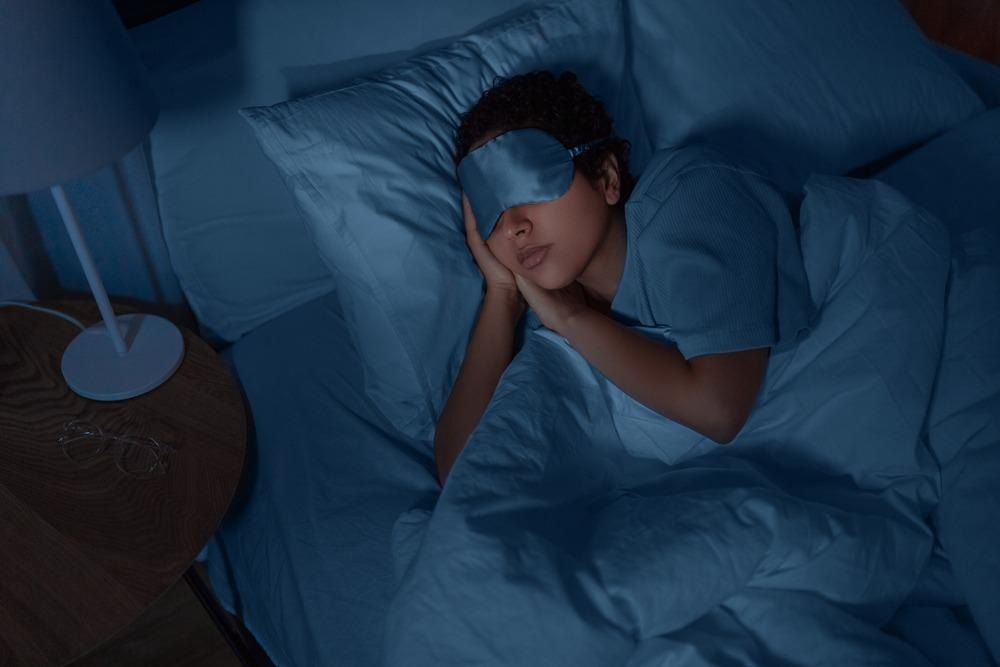
Sleep is vital for health, both physical and mental. Sleep has always presented a mystery to some of the world’s greatest thinkers throughout time, from philosophers to psychologists and biologists. The exact purpose and role of sleep remain uncertain, however, a vast amount of studies that have been conducted over many decades have helped us get closer to solving the puzzle of sleep. While we don’t understand the purpose of dreaming, we understand that sleep is vitally important for survival.
Extreme sleep deprivation has been shown to lead to death in humans and other animals. Sleep has also been linked with physical and mental well-being, and many physical and mental illnesses have been connected to poor quality sleep. Additionally, some studies have suggested that sleep has restorative powers and is essential to promoting recovery.
Each year, World Sleep Day is celebrated in March to raise awareness for sleep health. Here, we delve into the importance of promoting good quality sleep and what its implications are for physical and mental wellbeing.

Image Credit: Syda Productions/Shutterstock.com
The prevalence of sleep disorders
In the US, around 70 million people suffer from chronic sleep problems, such as but not limited to insomnia, sleep apnea, narcolepsy, restless leg syndrome (RLS), parasomnias, REM sleep behavior disorder, non-24-hour sleep-wake disorder, and excessive sleepiness. Data shows that 10-30% of adults and 30-48% of older adults suffer from insomnia. Further to this, most people report that they chronically do not get enough sleep. It is recommended that adults sleep for around eight hours a night, however, data frequently shows that most people around the world are chronically sleep-deprived. Only one in five Americans claim to get their eight hours and just one in four Britons consistently get enough sleep.
A growing body of evidence shows that lack of sleep is linked with the incidence of injuries, chronic diseases, mental illnesses, and generally a poorer quality of life and sense of wellbeing. In some cases, whether poor sleep precedes mental/physical illness or is caused by it is unclear, the relationship is likely bi-directional, and in several instances is likely the cause of or a factor for poor health. Therefore, it is essential to better understand sleep and to help people get enough quality sleep regularly.
Sleep and physical health
Sleep and its relationship to physical health has been a key focus of research for many years. Studies have suggested that chronic sleep deprivation may be a risk factor for cancer, hypertension, coronary heart disease, and diabetes mellitus. Chronic lack of sleep has also been linked with dementia.
One way that sleep may be vital for physical health is in its role in promoting immune function. Studies have shown that sleep deprivation is linked with impaired immune function. Research has also revealed that sleep problems and deprivation in cancer patients is linked with mortality, meaning that sleep may be important for promoting recovery in cancer.
Additionally, research has suggested disturbed sleep may be a causative factor for cancer, with studies showing that disruptions to the body’s biological clock might increase a person’s chances of developing cancers of the breast, colon, ovaries, and prostate. Finally, working night shifts exposes employees to light during hours that should be spent in darkness, reducing their levels of melatonin, which could, over time, encourage cancer to grow.

Image Credit: Mallmo/Shutterstock.com
Sleep and mental health
Chronic lack of sleep is known to influence mood and psychological wellbeing. Not getting enough sleep can put us in a bad mood, reduce our cognitive performance and memory, and negatively impact our relationships with others. The link between sleep and mental health is bi-directional. Studies have shown that poor sleep may exacerbate or act as a risk factor for numerous mental health conditions, including depression and anxiety, they have also shown that such mental health problems can worsen sleep quality.
Depression, in particular, is strongly linked with poor quality sleep and sleep disorders. In general, problems with sleep are more often reported in those suffering from depression than those without it. Many psychological therapies will encourage techniques that promote sleep as part of a multi-pronged approach to addressing anxiety and depression.
Recently, scientists have found that sleep deprivation often leads to increased activity of the amygdala, the area of the brain that is responsible for producing the fear response and is often implicated in managing stressful situations. This same area has been found to be hyperactive in those suffering from anxiety. This evidence suggests that chronic sleep deprivation may trigger anxiety.
The importance of sleep
Overall, sleep is vital to encouraging physical and mental wellbeing. Chronic sleep problems are linked with a variety of physical and mental illnesses and have been hypothesized to increase a person’s risk of illness as well as prevent recovery. Mental illness and sleep problems are particularly intertwined and likely have a bi-directional relationship. Given that most people report not getting enough sleep on a regular basis, it is important to raise awareness of the role that sleep plays in our lives.
References:
- Collins, K., Geller, D., Antoni, M., Donnell, D., Tsung, A., Marsh, J., Burke, L., Penedo, F., Terhorst, L., Kamarck, T., Greene, A., Buysse, D. and Steel, J., 2017. Sleep duration is associated with survival in advanced cancer patients. Sleep Medicine, 32, pp.208-212. https://www.ncbi.nlm.nih.gov/pmc/articles/PMC5428985/
- Lack of Sleep and Cancer: Is There a Connection? [Online]. Johns Hopkins. Available at: https://www.hopkinsmedicine.org/health/wellness-and-prevention/lack-of-sleep-and-cancer-is-there-a-connection Accessed February 2022
- Nagai, M., Hoshide, S. and Kario, K., 2010. Sleep Duration as a Risk Factor for Cardiovascular Disease- a Review of the Recent Literature. Current Cardiology Reviews, 6(1), pp.54-61. https://www.ncbi.nlm.nih.gov/pmc/articles/PMC2845795/
Further Reading
Last Updated: Mar 16, 2022